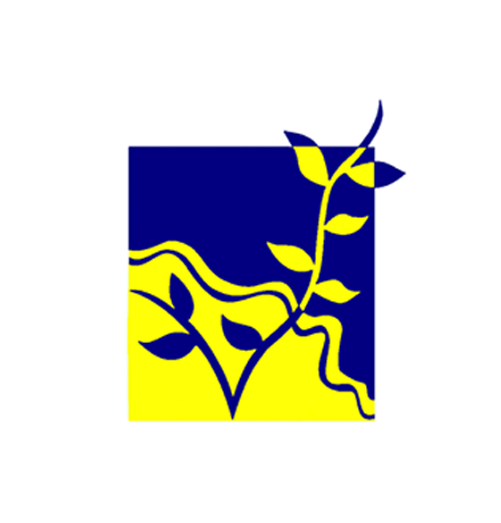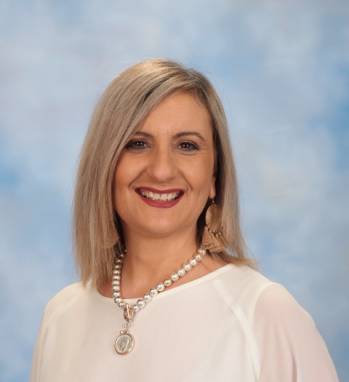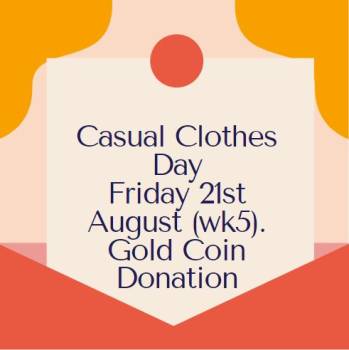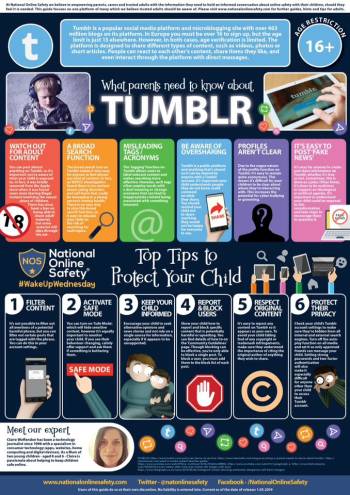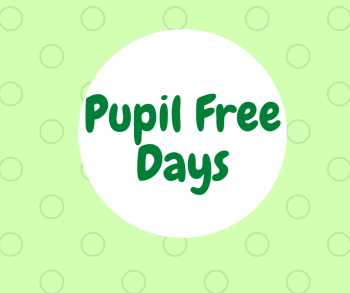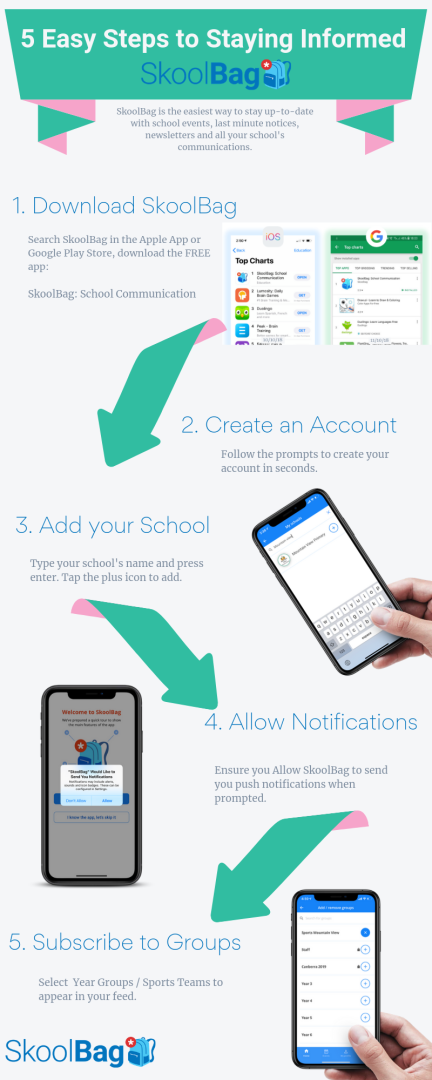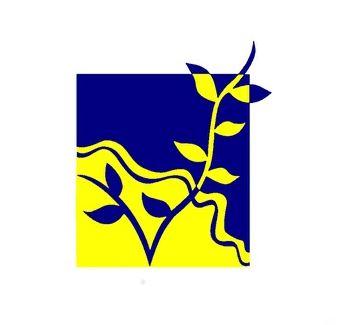Pre-School Team:
So far this term the Preschool children have been very busy engaging in a variety of socio-dramatic play scenarios, such as Woolworths, Camping and the Preschool Hair Salon. In Woolworths the children were roleplaying as customers, check-out staff and store managers. There were lots of conversations about money and product value. The customers were also given the option by the check-out staff as to whether they wanted to pay with “cash” or via “pay wave”. Many children were also role playing as families going on camping trips using the shared BBQ facilities to cook their lunch and dinner as well as going fishing or wake boarding behind the boat in the river. In the hair salon the children were discussing colour combinations, colour strength when mixing the hair colour, hair treatment products, hair styles, lengths of hair being ‘trimmed’, the time of appointments and the cost of their new hairstyle. Socio-dramatic play is the perfect opportunity for children to make connections between their real life and play experiences, develop their vocabulary, engage with their peers and learn in a fun and meaningful manner.
To conclude our learning about healthy bodies and healthy lifestyles from Term 2, we began Term 3 by learning about oral hygiene. Children learnt about sugary foods, how to brush their teeth correctly and what can happen if we don’t take care of our teeth. Part of our numeracy focus for this term is exploring data.
The children have been acting as mathematicians collecting and analysing the data on how many girls vs how many boys there have been each day at Preschool for the past week. After interpreting the data represented on a graph the children noticed that each day more girls were at Preschool. We will be continuing to explore data by gathering the data on the most popular fruit brought to Preschool. Finally, we have been working extensively on developing the children’s phonological awareness skills, more specifically beginning sound identification and letter recognition. This is something that we will continue working on intensively.
Reception – Krystal Room 1 & Anita Room 2:
What a wonderful start to term 3 we have had in rooms 1 and 2. We have been focusing on recounts in both our modelled reading and genre writing lessons. We have really enjoyed learning about the structure and grammar features of recount texts and are using learning intentions and success criteria checklists to help us successfully write recounts independently. We have continued to revisit sounds during Inquiry time and complete SSP rotations to support our phonics knowledge and reading. We will be introducing narratives and information reports later in the term. In maths we have been investigating shapes in our environment and will move into measurement where we will learn about length and height and also compare and order objects of different heights and lengths. We look forward to the rest of the term and the growth that students will continue to make.
Year 1 – Katrina Room 3 & Christina Room 4:
What an amazing start to term 3 in Room 3 and 4. This term we have been exploring the Habit of Mind ‘Taking Responsible Risks’. We are aware that we take Responsible Risks in our learning all the time! We don’t need to be perfect because making mistakes is how we learn. We are working interdependently (being able to work and learn with others) during our maths groups and SSP rotations. We have continued to learn our sounds through SSP. Through our whole class inquiry we are consolidating our yellow code sounds and will shortly be moving onto blue code. Our learning intention is to be able to identify letter-sound relationships and write the correct grapheme for each phoneme. During our rotations, we are working on learning and retaining the sounds of our individual code. In modelled reading we are focusing on the narrative genre this term. Each week we have a new text which we identify the grammar components specific for this particular genre. They include, noun and noun groups, descriptive words, the noun and pronoun relationship and compound sentences. In maths we have been applying and transferring our knowledge of number into learning about place value. We have been investigating the value of a digit according to its position in a number (tens, and ones). Our learning intentions include to understand the value of a number and to be able to partition numbers.
Year 1/2 – Mary Room 5 & Jess Room 6:
The students returned to school this term rested and keen to start another term of learning. They slipped straight back into the routines and enjoyed sharing all their holiday adventures with one another. In English we have continued our Literacy Group work incorporating various activities including modelled reading, writing, grammar, guided reading and comprehension skills. Students are focussing on targeted reading goals and strategies during guided reading sessions and are working to develop their comprehension skills as they progress through the reading levels. In writing we started this term with the narrative text type and the students have been enthusiastic about exploring orientations of known narratives and developing their own, characters and settings before we move onto developing complications. In Maths the students have participated in exciting hands on lessons based around money. We were blown away with the students’ prior knowledge of money and their ability to already add small sums of coins and identify change from small purchases. They particularly enjoyed using Lucky Book Club catalogues to spend a pre determined budget. The students continue to be enthusiastic about our weekly fine motor morning on Wednesdays between the two classrooms. They are developing important skills through activities such as painting, threading, paper construction and cutting. We look forward to be able to reschedule our Marine Discovery Centre excursion and will send out a note when we have more information available.
Year 3/4 Jenna Room 9 and Sabrina Room 10
We’ve hit the ground running in Term 3 in Room’s 9 and 10. In English we have continued our guided reading and LLI group work incorporating writing, grammar concepts and word work. Students are focussing on targeted reading goals and strategies. In writing, we began this term with the Narrative genre and students have thoroughly enjoyed investigating the authors message, across realistic and fantasy fiction texts and focusing on the comprehension skill of inference. As of week 5 we will be developing our persuasive writing skills through response text writing and are excited to explore a range of multimedia texts.
Maths has involved exciting hands on lessons based around the four operations and money, with focus on adding money amounts and calculating change. Our mathematics vocabularies are broadening as we continuously add to our word walls and have continued to use the RUCSAC acronym (read, underline, circle, select, answer and check) to help us comprehend and accurately solve worded problems. We are using ‘Maths Talks’ before, during and after lessons to reflect on our learning and respectfully challenge each other’s thinking. Next we will be focusing on measurement topics: Area, Perimeter, angles and shape.
In Health our focus is on keeping ourselves and our bodies protected which coincides with our participation in the Premier’s Be Active Challenge this term. We have begun biological science in class this term and are learning the characteristics of living and non-living things. We look forward to planting and observing changes of a living plant and exploring natural environment and record findings in our science journals. An investigation into desert animals will take place later this term, as we use our STEM skills to create a realistic model of an animal and habitat, where we will share our learning by presenting the models to our buddy classes.
Year 4/5 – Belinda Room 7 & Rachele Room 8:
In Mathematics, students will continue to solve a variety of questions based on all strands of mathematics through mental maths and learn new mental strategies to calculate multiplication, division, addition and subtraction problems successfully. Students will also be engaging in a variety of tasks and games aimed at developing and consolidating their skills, knowledge and understanding of multiplication strategies, division strategies and fractions and decimals. Over the ten weeks, students will be learning new strategies to solve problems involving fractions and decimals. They will continue to develop their understanding of mathematical terminology used within these concepts to enable them to interpret written problems.
In English, students will be writing Explanation texts this term. They will plan, draft and publish these text choosing text structures and language features appropriate to purpose and audience. They will be investigating the various techniques that authors use to create texts. Students will learn how to revise their writing to improve it. In Guided Reading, students will be working with the teacher in targeted reading groups. They will be learning about and practising skills to assist with decoding, fluency and phrasing and, literal and inferential comprehension. These are skills that take time to develop and require daily practise.
This Term in HASS, students will investigate the interconnections of people and national park environments and learn how these parks are protected locally, regionally and nationally.
Year 5/6 – Elliana Room 12:
Welcome back to Term 3. We have had a great start to learning and haven’t missed a beat getting back into routine!
This term in Mathematics, students will continue to have daily mental maths practice questions and then a Friday review test. They will also have mathematics as part of their homework contract to consolidate their learning. To begin term 3, students have learnt how to balance a variety of different equations and have also learnt how to use the order of operations accurately. During term 3, students will also be engaging in a variety of tasks and games aimed at developing and consolidating their skills, knowledge and understanding of multiplication strategies, division strategies and fractions and decimals.
Within writing, students will be writing Explanation texts this term. They will plan, draft and publish these text choosing text structures and language features appropriate to purpose and audience. They will be investigating the various techniques that authors use to create texts. Students will learn how to revise their writing to improve it. This term, we are having a focus on spelling and students will be working on developing strategies which writers need when working out how to spell words to become proficient spellers. These strategies include knowing what words mean, how they sound, how they change form and where words come from. Continuing on this term, students will be working with the teacher in targeted reading groups. They will be learning about and practising skills to assist with decoding, fluency and phrasing and, literal and inferential comprehension. These are skills that take time to develop and require daily practise.
In our geographical inquiry, students will investigate the interconnections of people and national park environments and learn how these parks are protected in different ways. Integral to the inquiry is a visit to a national park or other natural area in which students will make and record first-hand observations in creative ways. By the conclusion of the inquiry, I hope students will value natural areas, be inspired to spend time in nature and take actions that protect it at a personal scale.
Year 6/7 – Georgina Room 13 & Cathy Room 14:
In maths we are starting a unit on probability. We will follow this up with units on ratios, integers and transformations.
Last term, students conducted 2 mathematical investigations around measurement where they had to design a plan and make models against identified criteria and required specifications. They used scale and angles to make models as close as possible to the originals and used data to calculate the actual height and width of pyramids.
In reading, we are continuing our work in Guided Reading and Literacy Circles. Students are looking at the informative genres of explanation and procedure. During Guided Reading, we continue to unpack the language features, structure and visual features that make up these texts and this is supported by our inclusion of modelled reading and activities. Our book this term for Book Study is “A Long Walk to Water”. It tells the story of a young boy in Sudan who is displaced by the war.
We continue to use the ‘Sound Waves’ spelling program where weekly activities include segmenting words into their graphemes and syllabifying list words, sorting words according to letter patterns, spelling rules or base words and affixes and other activities to reinforce these skills.
This term we are looking at Sustainability in science. Our learning intention for these lessons is for students to know the differences between renewable and non-renewable energy sources and to know that fossil fuels are finite and will eventually run out.
In health, our focus is on Growth and Development where the lessons aim to improve students’ ability to develop respectful relationships, be confident and happy within themselves and their bodies, and make well-informed and safe decisions regarding their body and their relationships.
Junior Primary / Primary Art – Sue Graham:
Reception students are creating mixed media houses. They are focussing on the geometric shapes that make up housing design.
Year 1 students are looking at the artwork of decorated Indian elephants. They are creating paint and collage artworks.
The book “Love Monster” by Rachel Bright is inspiring year 2 students who are using printing techniques to create their art.
Our year 3/4 students are studying the abstract art of artist Piet Modrian, while Year 5 students are crating plasticine relief sculptures.
Students in years 6/7 are creating art based on the Koru shape which is a recurring motif in Moari art.
Our Choirs are continuing to meet weekly and will appear in our virtual assembly this week.
In the Kitchen garden students are filling up garden beds with soil and mulch in preparation for the warmer weather when planting resumes.
Primary PE – James Yates
Students have made a great start to Term 3, focusing on a new unit of work ‘European Handball’. Students have enjoyed being exposed to a new sport, learning new skills and also utilising skills previously learned in other sports. This term we also welcome back SAPSASA sports, many of our Year 6/7 students have been practicing during lunchtimes in preparation for their matches.
Junior Primary / Primary Science – James Yates:
All students have started the term focusing on the National Science Week topic “Deep Blue”. This years topic covers the importance of maintaining healthy ocean environments (marine and plant life) by raising awareness about plastic pollution and the importance of reusing and recycling. Students have been extremely engaged, but also shocked to find out how much ocean environments have changed and continue to change due to human impact.
Junior Primary / Primary Language- Thi Hien Danh:
Chúc mừng Tết Trung Thu!!! Happy Moon Festival!!
Moon Festival is fast approaching. This year, Full Moon Festival falls on the 1st of October. Children across all year levels are learning about Moon Festival. Different cultures of legendary stories of Moon Festival will be told. Children will have the opportunity to develop a deeper understanding of why moon cakes and lanterns are made for this special time.
They will be able to use keywords from this topic to formulate simple sentences. Children in JP classes are learning to retell one of Moon Festival stories. Children in Primary classes are creating a brochure about Moon Festival.
EALD / Student Support – Robyn Lewis and Thuy Tran:
In this report we would like to acknowledge and highlight the work of those who work closely with our students on a daily basis to support both them and their teachers. Our Intervention programs are delivered by a skilled group of curriculum SSOs who work closely with a variety of students on areas such as phonics, spelling, reading, speech, writing, mathematics, fine motor skills and behaviour support. This support ranges from working 1:1 with a child to small groups focussed on a particular area of need. At play breaks, our SSOs go out into the yard and help groups of children to play safely and also to support problem solving when required.
Feedback to teachers occurs face to face or in writing. Learning sessions begin at 8:30 am with Levelled Literacy and phonics intervention. After these sessions, SSOs go into classrooms and continue their student support in a variety of ways. Our curriculum SSOs are also involved in planning sessions with teachers and necessary and important testing. They are also part of our Professional Development to learn and consolidate new skills.
As you can see, they have a very full day and we appreciate their contributions to learning at Virginia Primary School. Their commitment to learning here is highly valued. Thank you!
